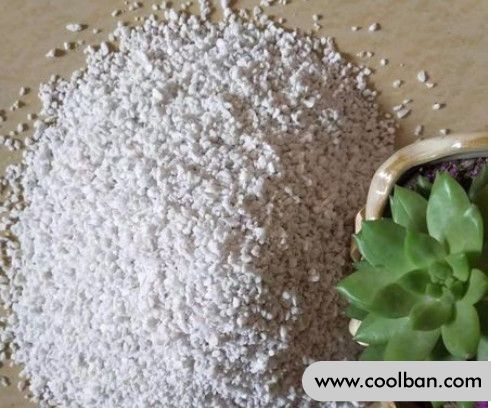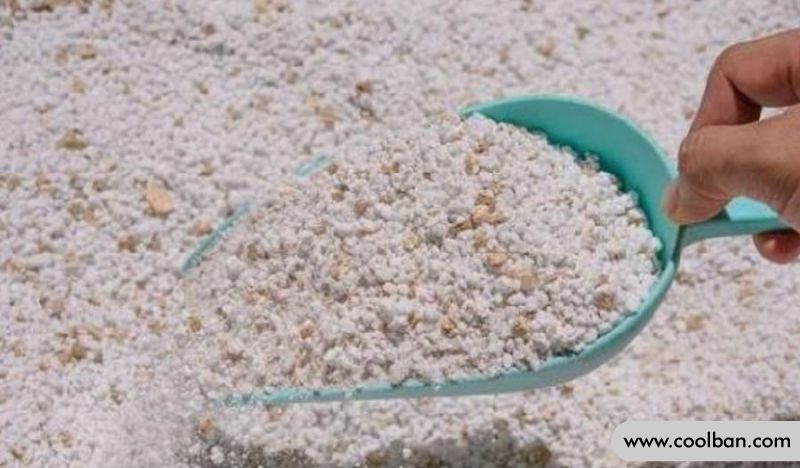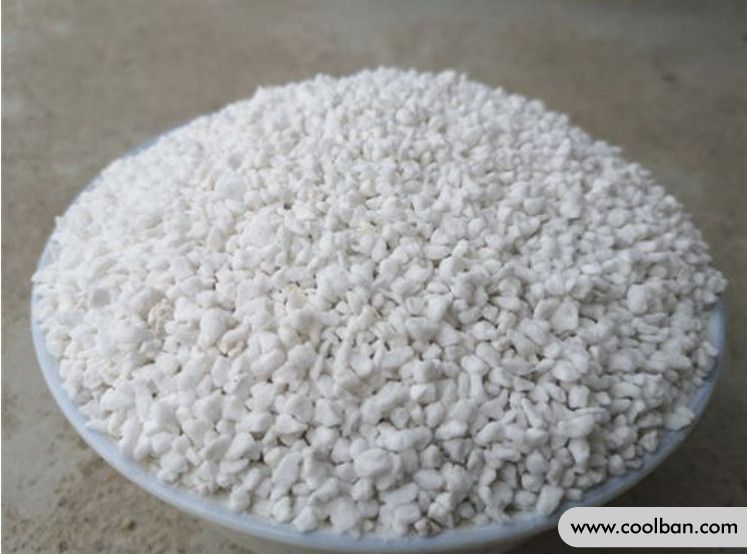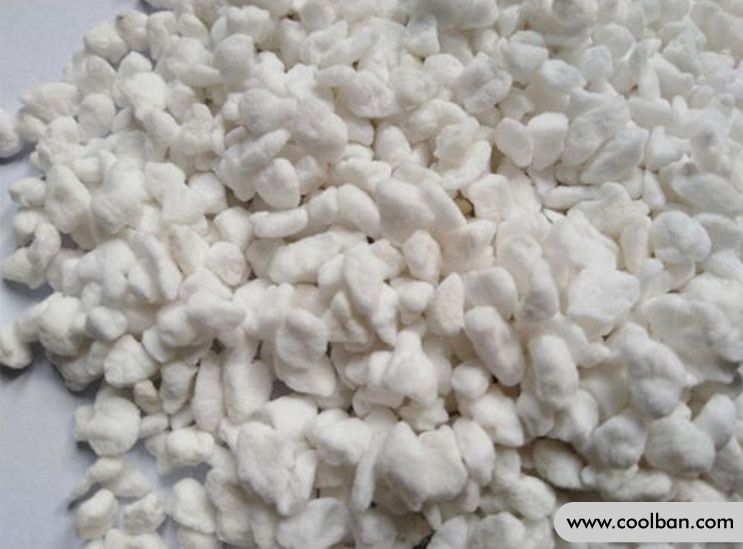What is Horticultural Perlite?
Perlite, sometimes called volcanic popcorn, is heated to a temperature of 876°C, expands and "explodes", similar to popcorn, it can expand up to 16 times its original size. Perlite has a wide range of uses, especially in horticultural cultivation. There are a few things to keep in mind when using it to grow plants.

Main uses of perlite:
Main uses 1. Used in potting mixes to improve soil drainage and aeration. Keeps soil loose, improves aeration, increases drainage, and prevents soil compaction.
Main use 2. Improve the quality of soil and make plants grow better.
Main uses 3. Loosen the internal structure of the substrate and maintain the normal exchange of water, gas and fertilizer. Hollow, the root system of crops can penetrate deep into the perlite matrix to absorb nutrients, and the pores of perlite can retain a large amount of water and nutrients for a long time to supply crops.
Main uses 4. Reduce the volume of cultivation and facilitate transportation and transplanting.
Main uses 5. Used as diluent and carrier of pesticides and herbicides, using the porous adsorption properties of perlite.

Is there any harm in using perlite?
1. Non-renewable resources. While it has a plentiful supply, once they're gone, they're gone completely, but reuse makes up for it.
2. It may cause certain harm
Dust can cause irritation and damage the respiratory system. Certain types of high-quality perlite are sold in "nearly dust-free" form. However, a protective face shield and goggles must be worn when potting home plants to replenish perlite.
The difference between perlite and other materials:
Both perlite and float are natural products as soil aeration additives. However, there are differences between the two. Perlite tends to retain more moisture and is not the best choice for a well-drained potting mix. However, pumice grows better in moist soil.
Perlite and float are substances derived from lava. Both materials are porous and help soil drain. Many gardeners recommend using pumice stone instead of perlite for taller plants because it is heavier.

Will perlite degrade?
Perlite breaks down in soil differently than components such as bark, coconut shells, or compost. If you use it in garden soil or potting soil, it will stay there and it will continue to help retain the necessary moisture and aerate the soil or lawn until it is removed.
Can perlite be used in organic gardening?
Yes, as it is a completely natural, non-synthetic material. No chemical processing is involved in its production. Confusion sometimes arises because perlite is an organic material, so it is organic. However, it does not actually contain carbon and is therefore inorganic.

Notes on the use of perlite:
Precautions 1. It is easy to powder, so avoid kneading or sticking when using. Although its powder is non-toxic, avoid inhalation when using it.
Precautions 2. Because it is light, it floats easily when watered, so use a plastic bag or something similar to prevent it from being blown away by the wind.
Matters needing attention 3. The newly bought perlite contains a lot of powder, so it should be rinsed with water before use.
Note 4. It is not suitable as a substrate for flowers that like alkaline, plants that can tolerate drought but not waterlogging, or plants that like to grow in a humid environment.
Note 5. It should not be used in excess with other soils, and can be mixed in a ratio of 4:1.
